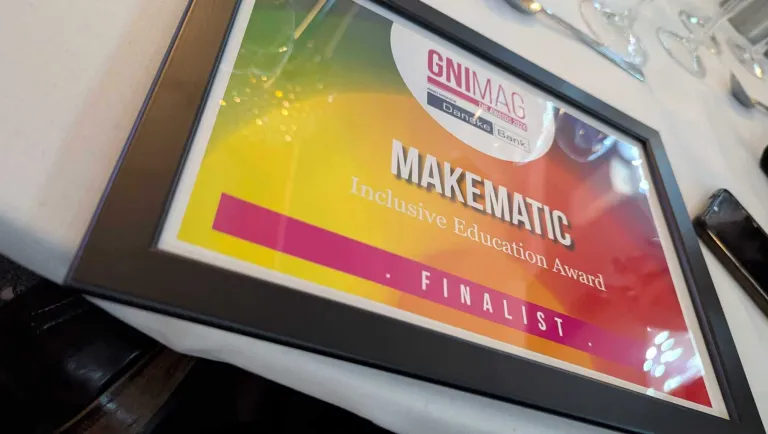
Three Big Takeaways from ISTE 2019
This year was the first time I attended the International Society for Technology in Education (ISTE) Conference.
With 20,000 delegates, you can only imagine the scale of this event.
Since my return, I’ve spent a lot of time reflecting about the event and what were the big takeaways.
It’s the theme of empathy and technology – using technology to democratise education and Esports in education – that had the greatest impact.
1. Empathy and Technology
Is technology destroying empathy?
There is compelling research that has shown how empathy is positively and negatively affected by technology.
One study claims that young people are 40% less empathetic compared to 30 years ago.
Yet another study points to technology being a vehicle to help people develop empathy.
Because of the rapid rate of innovation and iteration, it’s hard to keep up.
This means that we need to continue to look for ways to have a better relationship with technology inside and outside of the classroom.
2. Technology for Good
Technology has the power to democratise education and many of the organisations who exhibited at ISTE are using it to do just that.
But what does using technology to democratise education look like in edtech?
It can mean so many things.
It can mean providing opportunities for students to access communities of experts, like Skype in the Classroom’ making resources freely available to all educators and students, like Soundtrap @ Spotify and Twinkl; helping educators build intentional, effective professional learning through communities of practice, like Participate.
One of the challenges that companies like these continue to grapple with is reach, and it is through partnerships that organisations who aim to use technology for good will have the greatest impact.
3. Esports
Did you know that in 2018, two-thirds of the U.S. population 13 years and older are gamers?
The steady growth of self-identified gamers illustrates how far the medium has evolved to become an integral component of the mainstream entertainment diet.
Often maligned in the media, esports is being touted as having the power to help young people build key 21st century skills, such as collaboration, communication, creativity and critical thinking.
I must admit I was blown away by the potential of esports and some of the incredible initiatives that I saw at ISTE.
Post ISTE, I’ve since spoken to founder Kerwin Rent of Elite Gaming Live, and learned about his reasons for creating the Elite Gaming Live platform.
It is his belief, and the schools that he is engaged with, that esports has the ability to promote equity and inclusion, thus having a real positive social impact.
Other organisations, like the North American Scholastic Esports Federation have taken things a step further.
They’ve developed a whole evidence-based multidisciplinary approach to curriculum around esports that includes educator toolkits and links themes to entrepreneurship, STEM careers and soft skills development like conflict resolution.
The potential of esports to develop skills, promote STEM and entrepreneurship is mindblowing.
Next Steps
For me it’s about continuing the conversations I had at ISTE around these three key themes.
That means exploring the possibilities of how far we can use technology for good, to work towards a better understanding of how we interact with technology, and to look at ways we can use technology to develop key 21st century skills in our young people.
Let's Work together


Makematic Finalists in Inclusive Education Award

